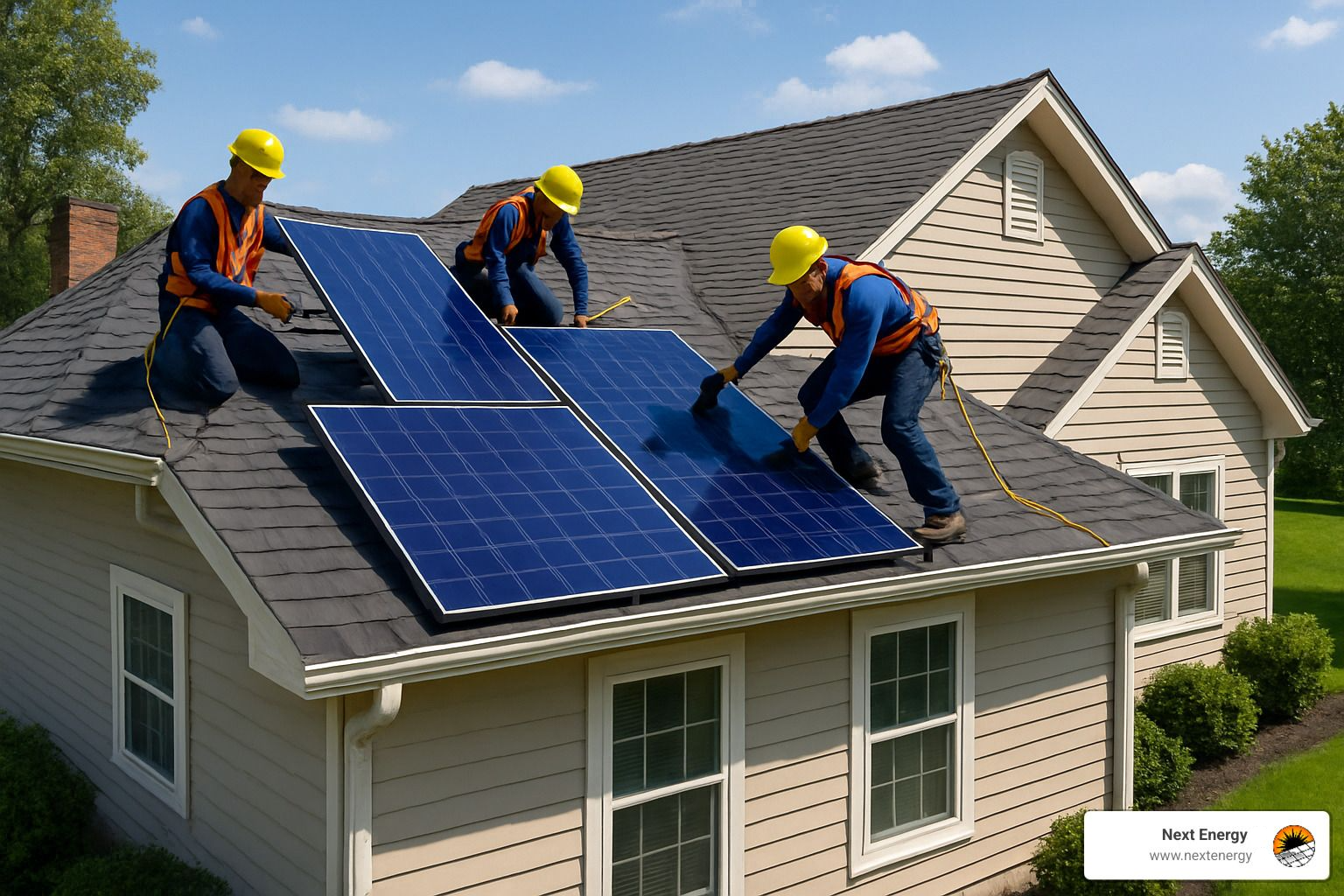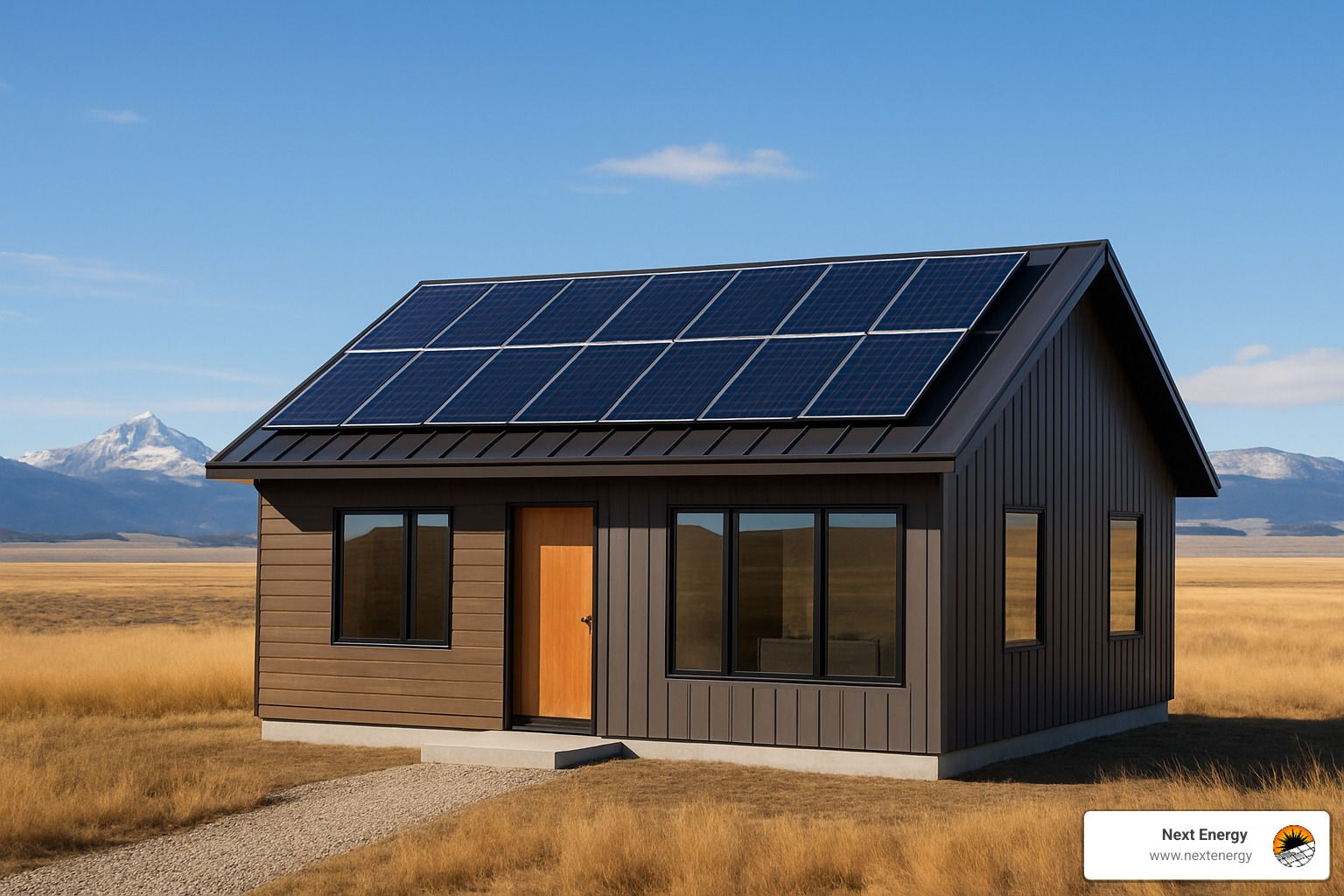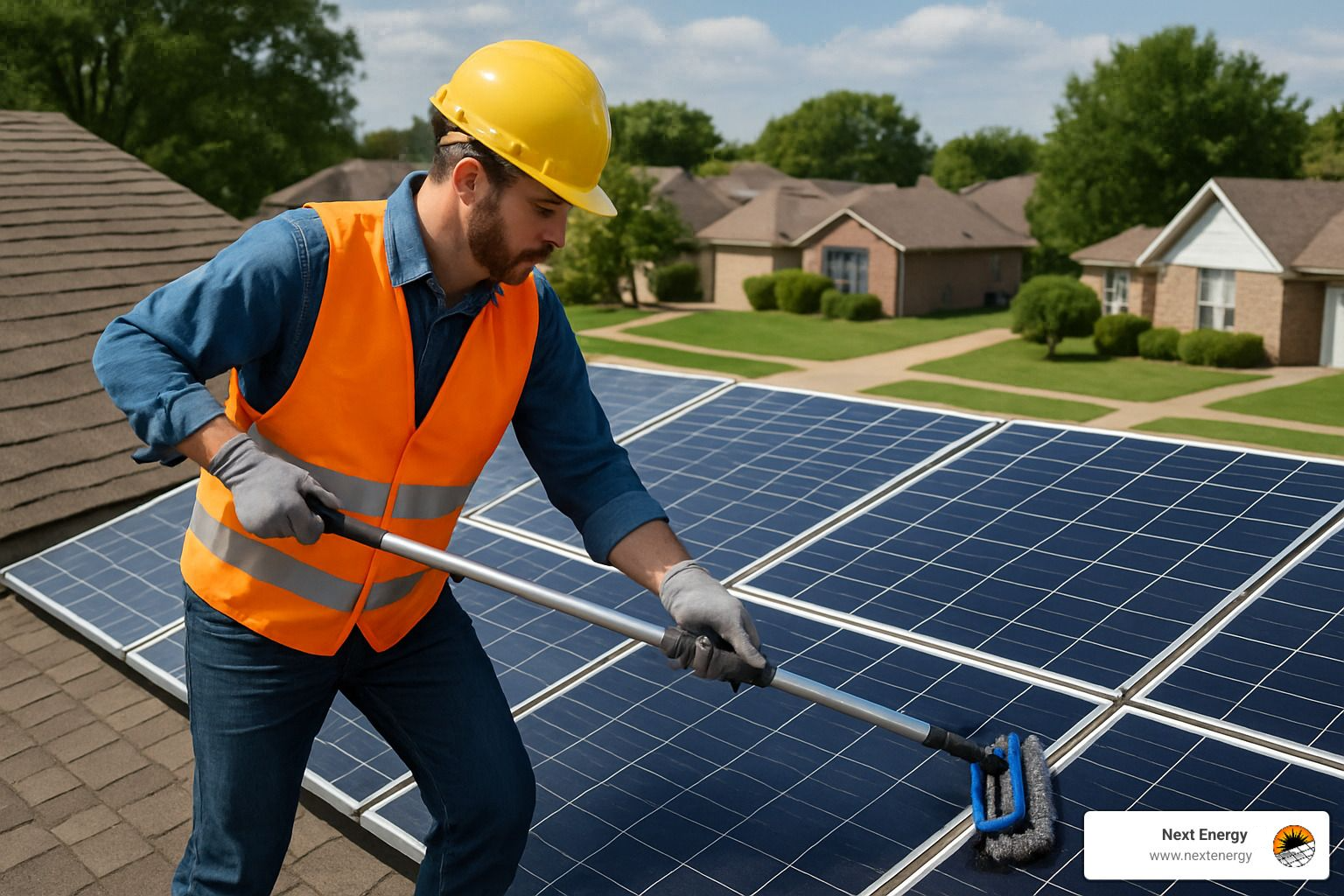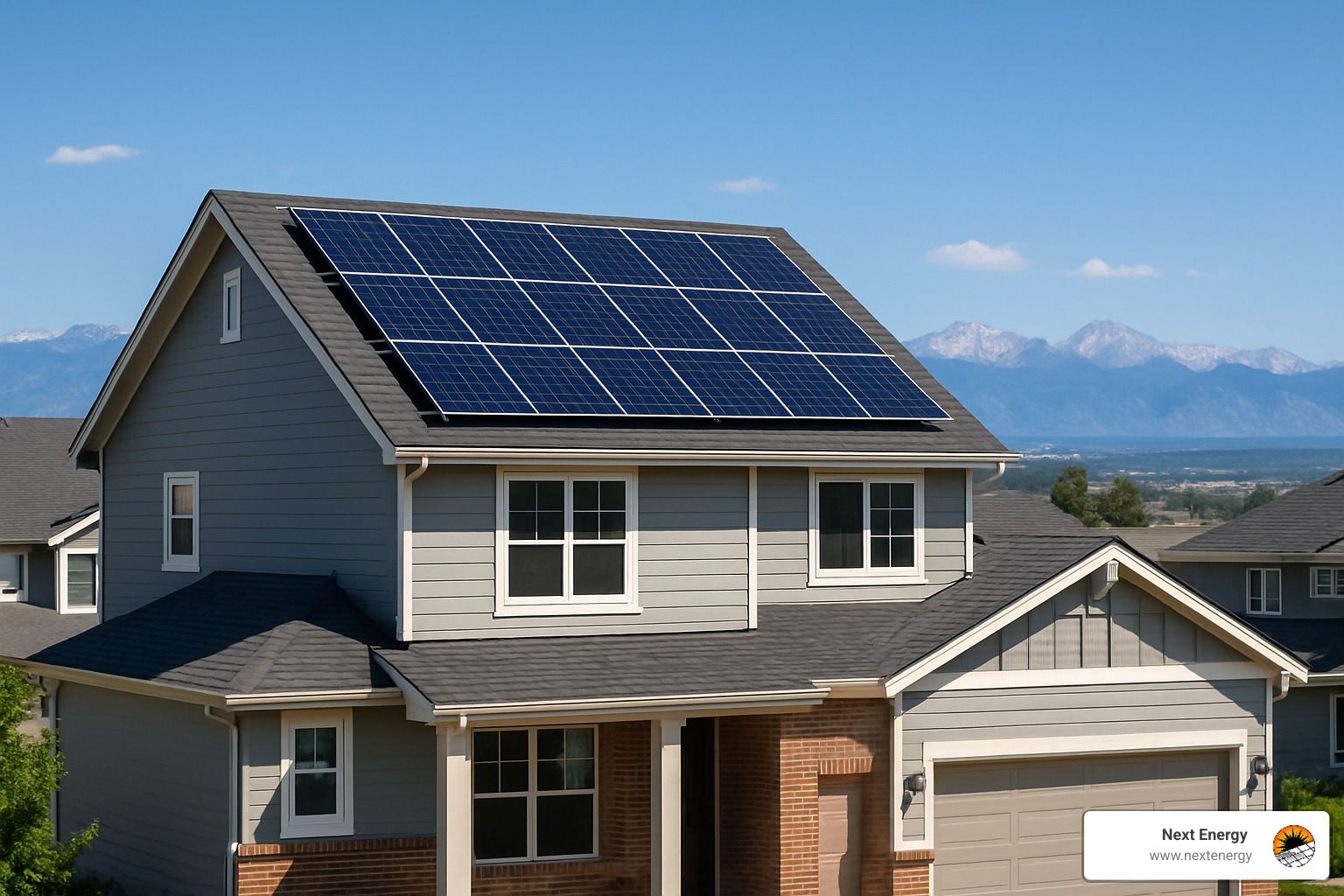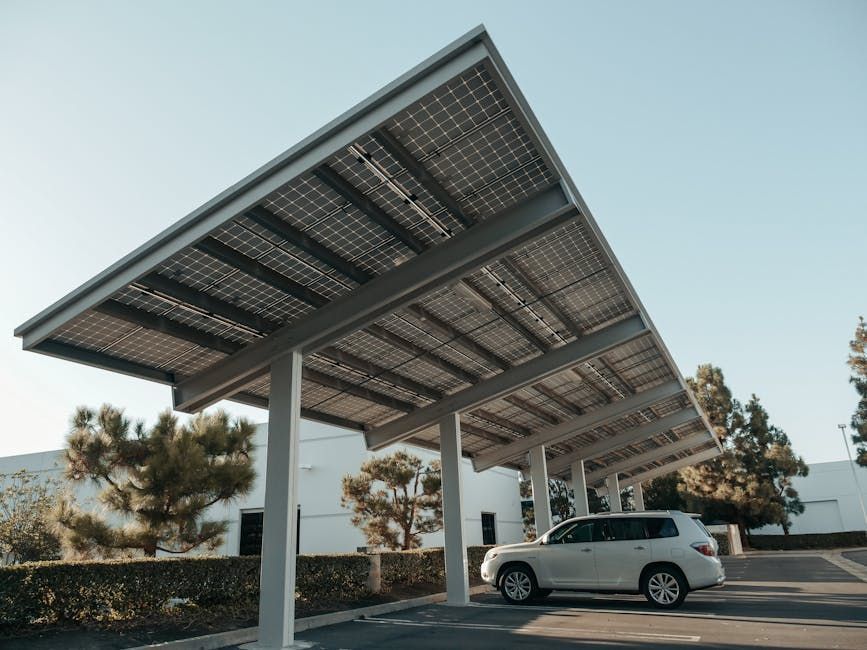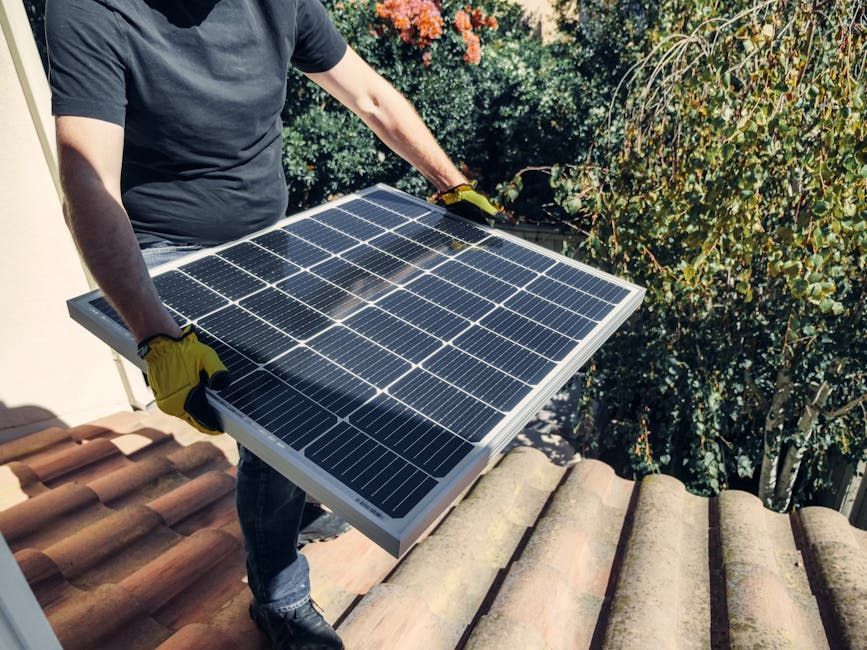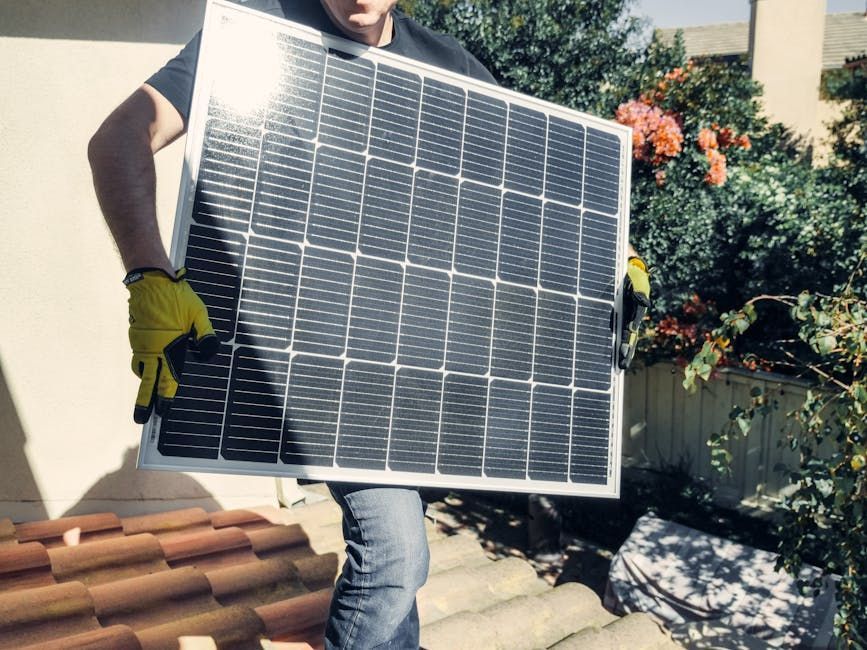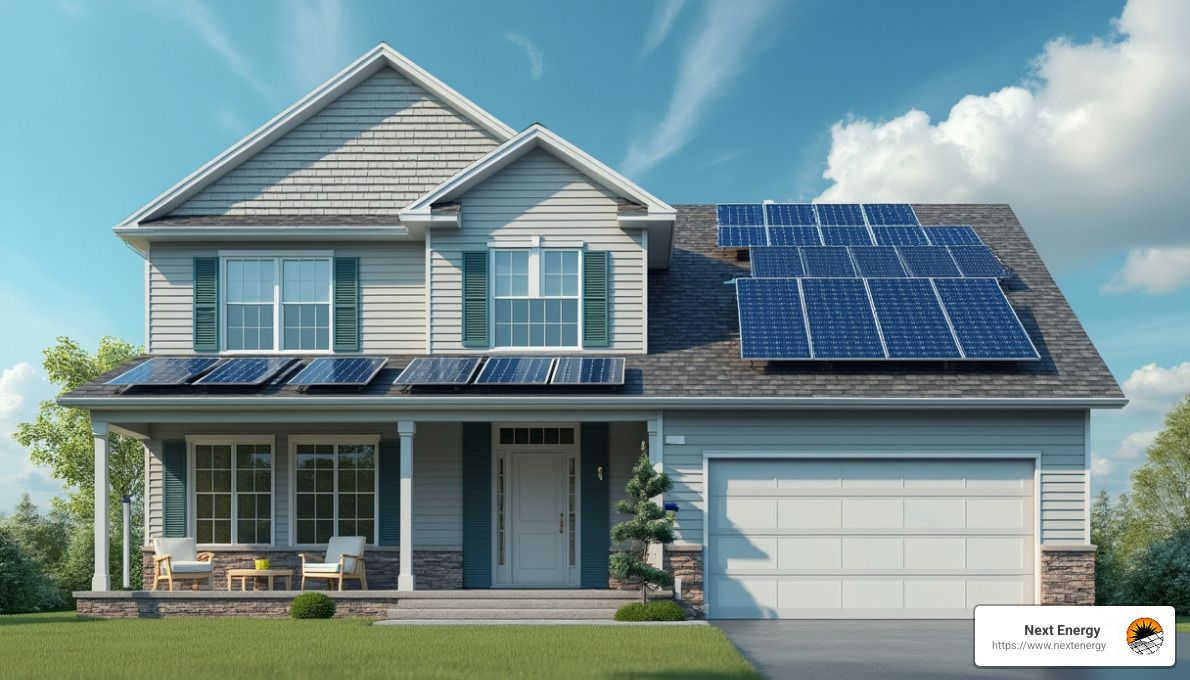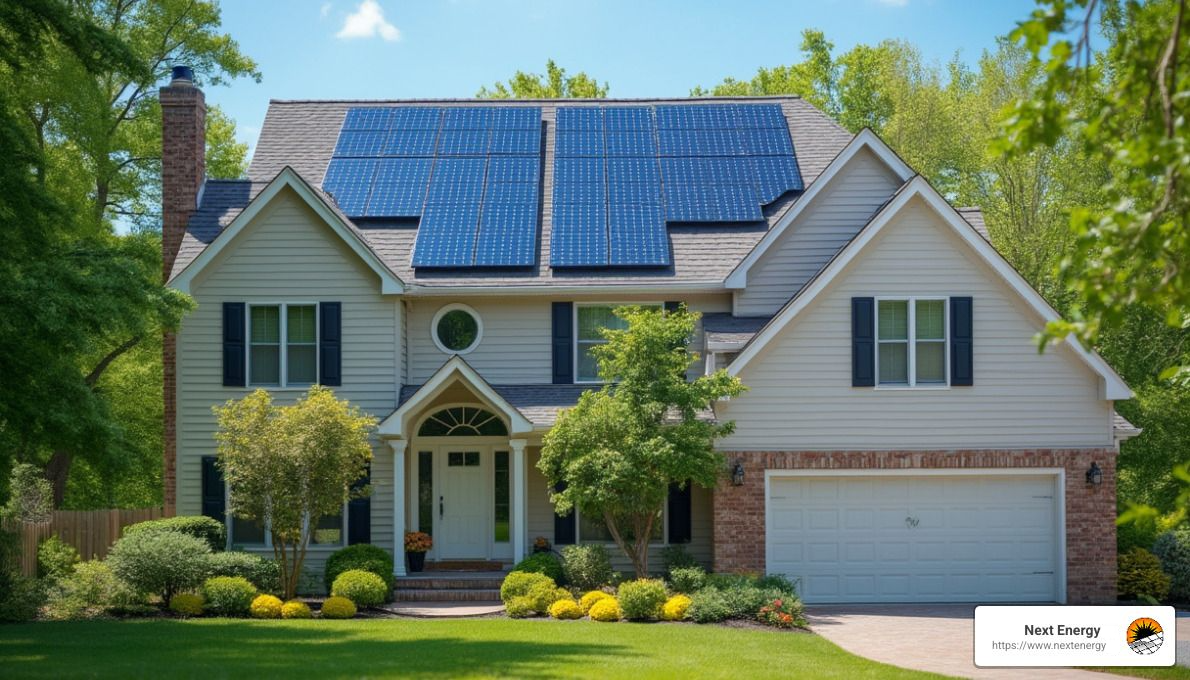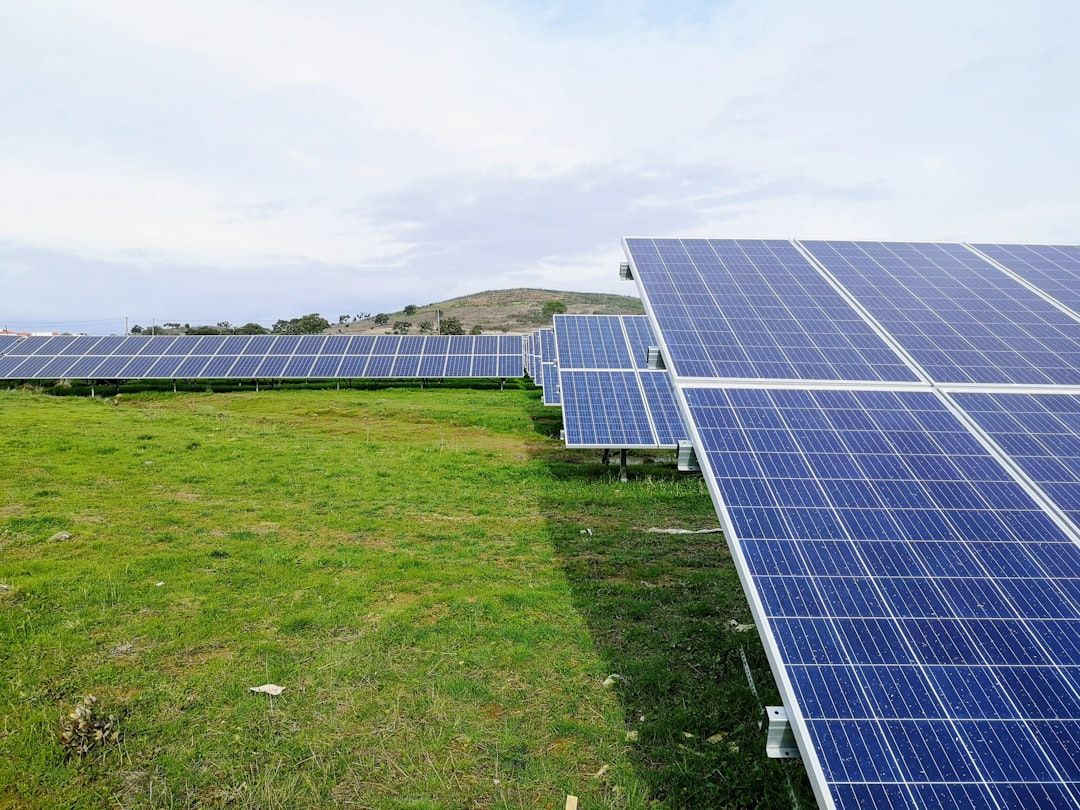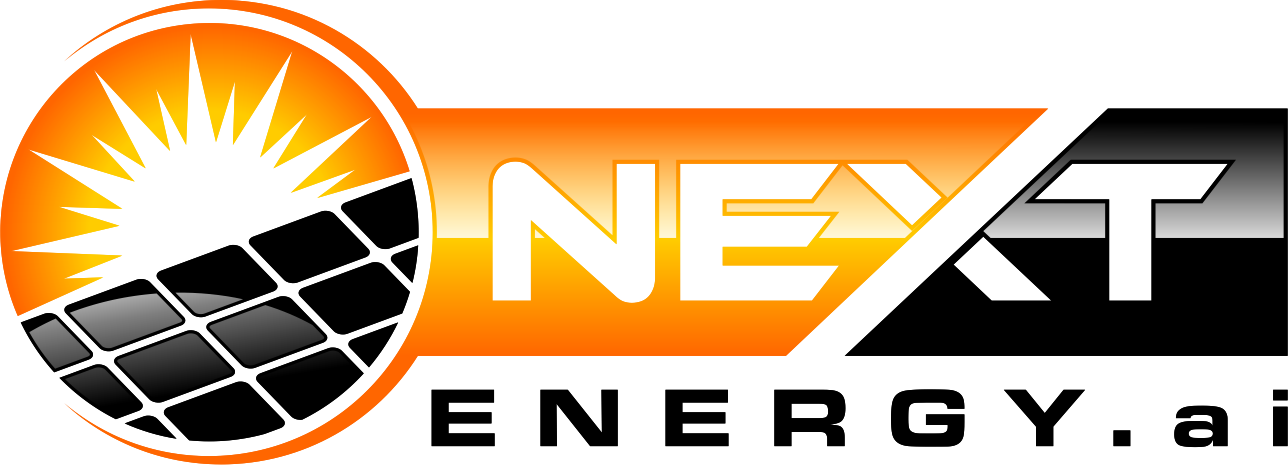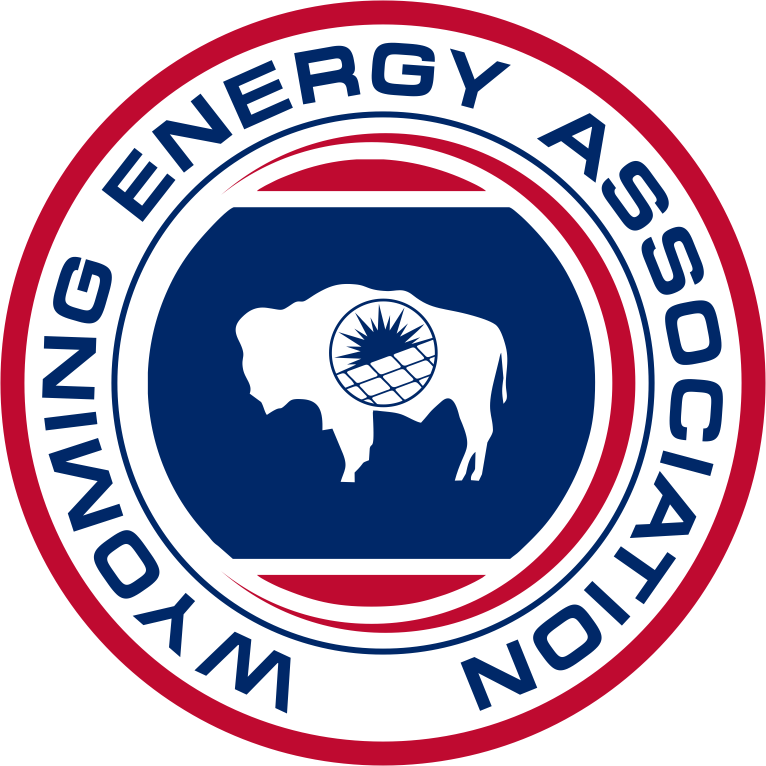Solar Savings in Wellington, CO: How Much Will Your Bill Drop?
Solar Savings in Wellington, CO: How Much Will Your Bill Drop?

A customer in Wellington, CO recently told us that after installing solar panels, their electric bill went from nearly $200 a month to under $20. They didn’t change how much electricity they used—they just changed how they got it. Stories like this aren’t rare. They're happening all over northern Colorado.
According to the National Renewable Energy Laboratory (NREL), homeowners can save an average of $1,000 to $1,500 per year by switching to solar, depending on system size and usage. That’s money back in your pocket month after month—just by tapping into clean energy from the sun.
Still unsure about what your electricity bill after solar installation will actually look like? In this guide, we’ll break down nine powerful ways going solar can shrink your monthly utility costs in Wellington.
Net Metering Credits Your Extra Power
One of the biggest advantages of going solar in Wellington is that you can actually get credit for the energy you don’t use. Net metering is a utility billing program that makes sure none of your solar energy goes to waste.
How Net Metering Works
During sunny days, your panels often generate more electricity than your home uses. That excess power flows back into the local power grid. Your utility tracks that surplus and gives you a credit for it, which gets applied when your system isn’t producing as much (like at night or on cloudy days). Over time, those credits help offset your energy bills, sometimes reducing them to near zero.
Why It Matters in Wellington
Colorado law supports net metering, and local utility companies like Poudre Valley REA and Xcel Energy offer fair crediting systems. This makes solar even more financially beneficial for Wellington residents.
Your Summer Cooling Costs Drop Fast
When temperatures climb, so does your energy usage—especially if you’re running air conditioning all day. Thankfully, solar panels are most productive during the times you need cooling the most.
Solar Offsets AC Usage
Solar panels operate best during bright, sunny days—exactly when your home uses the most electricity to keep cool. Instead of pulling costly peak-time power from the grid, your system powers the AC directly, saving you money during the hottest months.
Energy Use in Summer Peaks
In Wellington, air conditioning can easily make up 30–50% of a summer electricity bill. By producing solar power during these hours, you avoid the most expensive electricity rates of the day.
Winter Bills Shrink with Year-Round Savings
A common myth is that solar doesn’t work in winter. While shorter days and snow can impact production, your panels still help lower your bills year-round.
Solar Works in Winter Too
Wellington sees over 240 days of sun per year—even in winter. Solar panels are actually more efficient in cooler temperatures, meaning on sunny winter days, they can still generate significant power. Snow often slides off angled panels, and any energy you overproduced in summer (thanks to net metering) can cover winter use.
Balanced Seasonal Billing
With proper system design, your solar output balances across the year. That means lower bills in all seasons—not just when the sun is blazing.
Battery Storage Means Less Grid Dependence
Want to take your savings a step further? Battery storage systems allow you to bank your excess energy for later use, offering energy independence and added reliability.
Save Excess Power
Batteries store the electricity your system produces but your home doesn’t immediately use. That energy can then power your home in the evening, overnight, or during outages.
Keep Power On During Blackouts
Wellington experiences occasional grid outages due to weather. With a battery, your lights and appliances stay on without needing to tap into expensive grid power.
Lock In Long-Term Rates with Solar
Unlike utility rates, which tend to increase over time, solar gives you a stable cost of energy for years. Once your panels are installed, you’re in control.
Predictable Energy Costs
Whether you finance or purchase outright, your costs become predictable. You’ll either have a fixed monthly loan payment (often lower than your previous electric bill) or no monthly cost at all once it’s paid off. This shields you from rate hikes that affect traditional utility customers.
Beat Inflation
As utility prices continue to rise year after year, solar keeps your energy expenses steady. The longer you stay in your home, the more you save.
Rebates and Tax Credits Lower Upfront Costs
Solar may seem like a big investment, but thanks to government incentives, the upfront costs are far more manageable than most people expect.
Federal and Local Benefits
The federal solar tax credit (ITC) currently lets you deduct 30% of your system cost from your federal taxes. On top of that, many utilities in Colorado—including in the Wellington area—offer cash rebates or performance-based incentives to further reduce your costs.
Faster Payback Period
With the help of incentives, most homeowners in Wellington see a return on their investment within 6 to 10 years—and then enjoy free power for the rest of the system’s 25+ year life.
Reduced Demand Charges for Larger Properties
If you own a large home or property with high energy needs, you may face demand charges or tiered rates that penalize you for using too much power during peak times. Solar helps minimize these fees.
How It Works
Solar panels reduce your dependency on the grid during high-use times. This flattens your overall demand and helps avoid steep charges from your utility, which are common in larger or rural Wellington properties.
Commercial Benefit Too
This applies to small business owners as well. Solar can significantly reduce demand charges for commercial properties, especially those operating machinery or refrigeration systems.
Higher Efficiency = Bigger Savings
Solar panels come in many shapes and sizes—but not all deliver the same results. Choosing higher-efficiency panels means you get more power in less space, which leads to better savings.
Invest in Quality
Top-tier panels convert more sunlight into electricity than cheaper models. This is especially important if you have limited roof space. Higher efficiency means fewer panels can do more work, and your system pays off faster.
Warranty and Durability
Premium panels also tend to come with better warranties (25+ years) and are tested for high wind, snow load, and hail resistance—which is ideal for Colorado’s unpredictable weather.
Your Meter Moves Slower (or Not at All)
Perhaps the most satisfying part of going solar is watching your electric meter slow to a crawl—or even spin backward.
What It Looks Like
When your panels are producing enough electricity to cover your usage, the meter either slows dramatically or sends energy back to the grid. On days when your usage is low and solar production is high, you’re essentially “banking” energy credits.
Month-to-Month Impact
Most Wellington homeowners with well-sized systems see their monthly bills drop by 75–90%—some even eliminate them completely. Over a year, that adds up to thousands in savings.
Frequently Asked Questions
- How quickly will I see a reduction in my electricity bill after installing solar panels?
Most homeowners see noticeable savings on their next billing cycle, typically within 30–60 days after activation. - Do solar panels still work during cloudy or rainy days?
Yes, while output is reduced, solar panels can still generate electricity from indirect sunlight on overcast days. - Will I still receive an electric bill even after going solar?
Yes, but it’s usually just a connection fee or any grid electricity you may use beyond your solar production. - Can I monitor how much money I’m saving with my solar system?
Absolutely—most systems come with monitoring apps or online dashboards that track energy production and savings in real time.
How Next Energy Can Help You
At Next Energy, we help homeowners in Wellington, CO take control of their electric bills through expert solar solutions tailored to your roof, budget, and energy needs.
Here’s what we bring to the table:
- Free solar assessment and usage analysis
- Custom system design to maximize production and savings
- Installation by certified professionals
- Help with rebates, tax credits, and utility paperwork
- Long-term support and system monitoring
We don’t just install solar—we install peace of mind and real financial savings.
Call
Next Energy today at 970 800 6398 or visit us at 6880 N. Franklin Ave. Loveland, CO 80538 to find out how much solar could save YOU.
